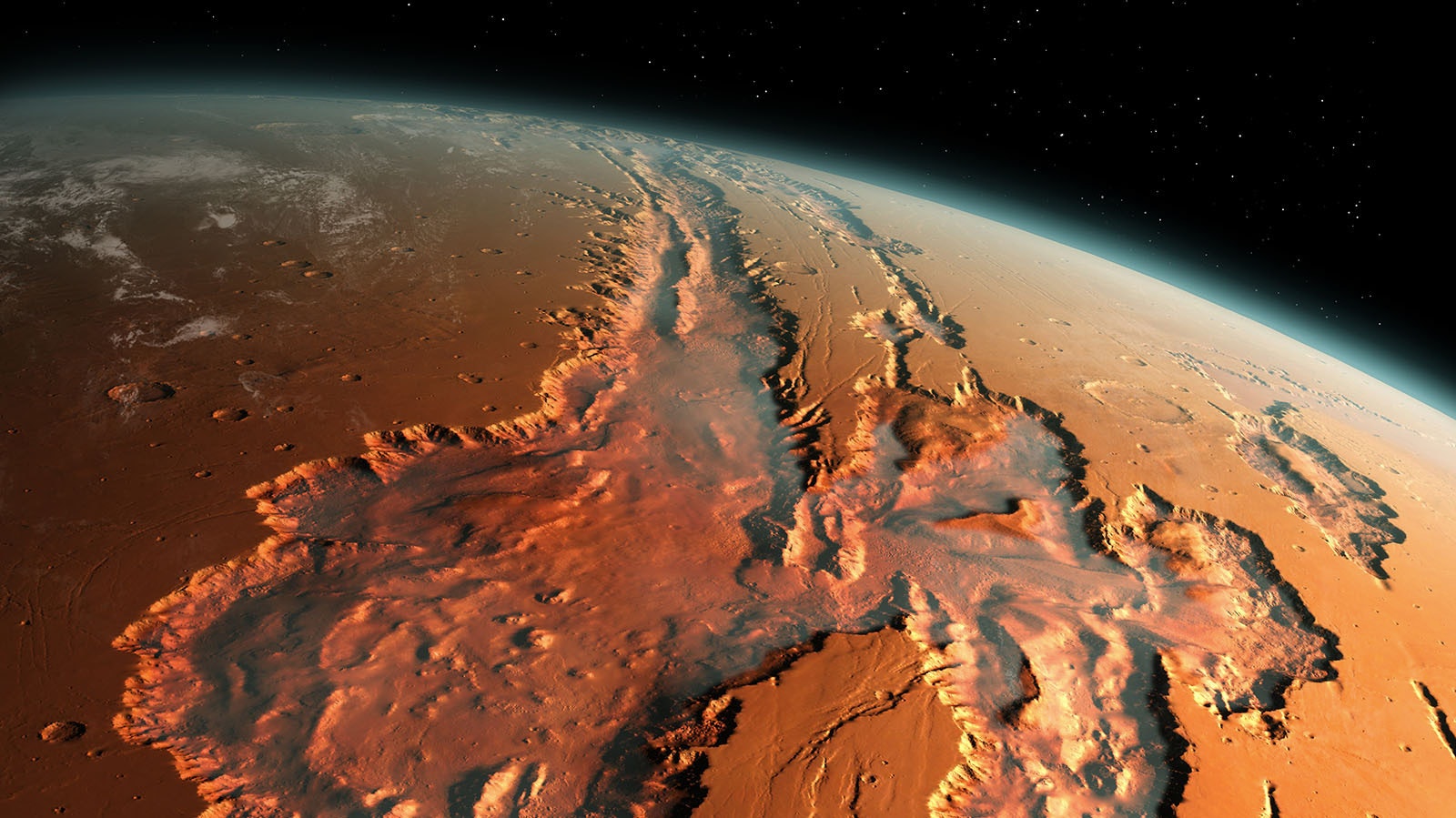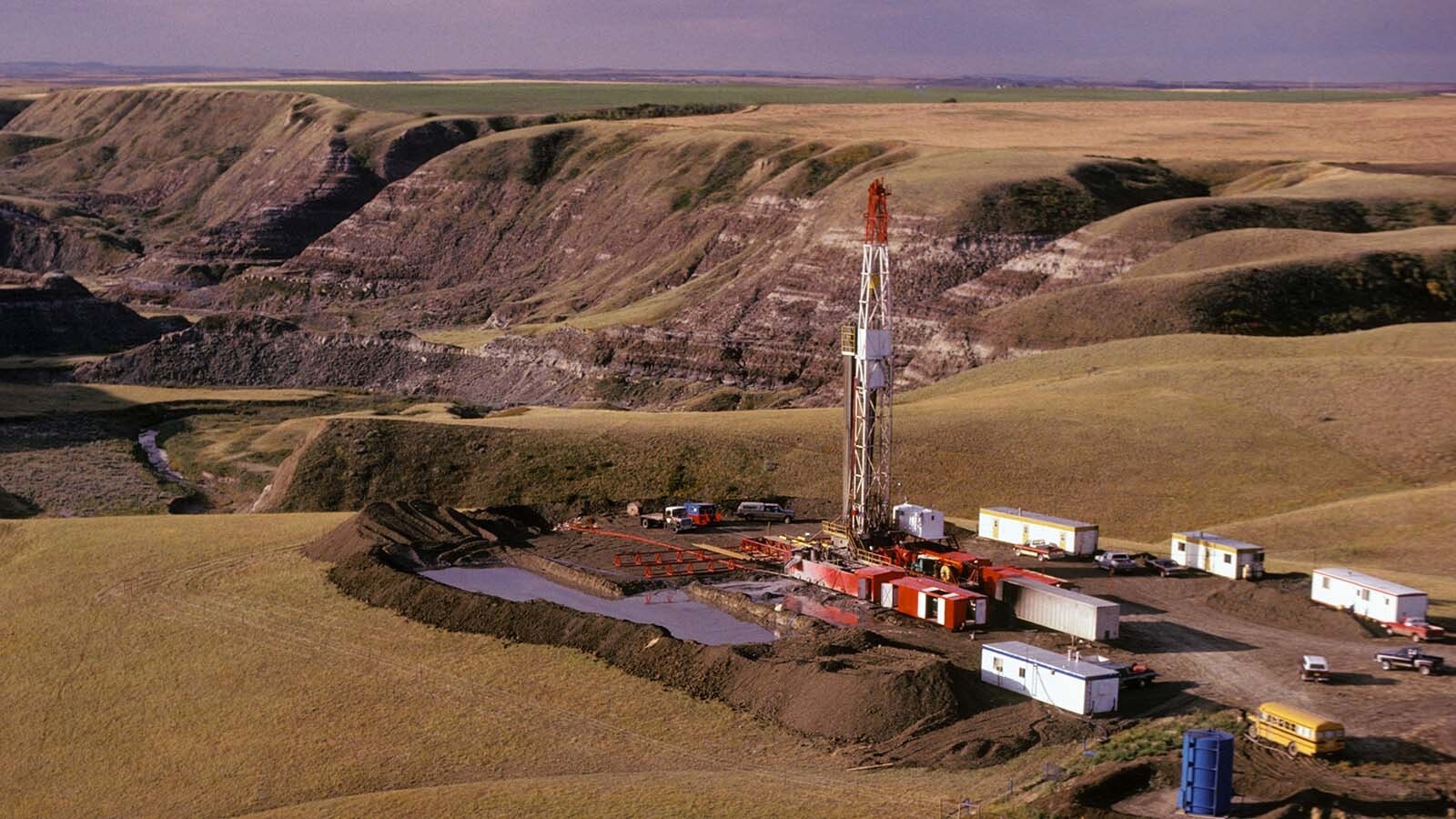The prime minister of the Caribbean island nation of Barbados told CNN that wealthy nations should provide financial help to poor countries to deal with the impacts of climate change because the developed countries “caused the problem.”
The idea of climate reparations for developing countries has been floated for some time.
Last November, the United Nations climate agreement included provisions for rich countries to pay poor countries for impacts of natural disasters, which activists claim are caused by climate change.
Wyoming Like Mars
As examples of global warming, Barbados Prime Minister Mia Mottley pointed to the cold snap that hit Wyoming in December and sent temperatures falling rapidly nearly 40 degrees in one hour.
“What happened in the last winter in the United States of America in Wyoming with temperatures 30 degrees from Mars, what happened last week in Canada with smoke coming down to New York and D.C. — how much more evidence do we need to know that we are in this together?” Mottley said.
CNN journalist Fareed Zakaria asked Mottley why developed countries should give money to developing countries like Barbados to deal with climate change.
“It was their industrialization and their prosperity that caused the problem, but more importantly than even that now, they don't live on a different planet from us,” Mottley answered.
Mottley went on to say that unless we can limit warming to 2.7 degrees Fahrenheit above pre-industrial levels, it will be “a death sentence.”
Trillions Of Dollars
Mottley didn’t explain how a failure to limit warming to the 2.7 degree Fahrenheit target would be a death sentence. According to the International Disaster Database, the number of climate-related deaths has fallen about 99% since 1920, and there’s no evidence that trend is reversing.
She said it will take trillions of dollars to accomplish this limitation of warming, and that countries should increase their capital in the World Bank and other regional development banks. She said that funding must also come from corporations.
“We believe that multinational corporations who are benefiting egregiously, who have caused the problem, need to leave a few cents on a dollar profit on the table,” Mottley said.
Close To Mars
Max Gilbraith, project coordinator for the Harry C. Vaughan Planetarium in Laramie, told Cowboy State Daily that it’s hard to make a comparison of the temperatures on Mars to those that hit Wyoming in December.
As with Earth, Mars has different hemispheres and seasons. Temperatures are different at any given moment in different regions of the planet.
But in terms of averages, the average surface temperature of Mars is minus 80 degrees Fahrenheit.
“That’s a global average. Of course, the poles are going to be much colder, and the equator is warmer than that,” Gilbraith said.
The lowest temperature ever recorded in Wyoming, Gilbraith said, was minus 66 degrees recorded in Yellowstone in 1933.
So, it is true that Earth at that point was within 30 degrees of Mars in 1933. During the cold snap last December, temperatures got down to the minus 50 range with the wind chill.
It’s hard to say that wind chills count when comparing planetary temperatures. Mottley also didn’t specify in her comparison if she also was factoring potential wind chill impacts on Mars.
Climate Shakedown
Hayden Ludwig, director of policy research at Restoration of America, called the idea of climate reparations a “climate shakedown.”
“Third world countries, like Barbados, are truly cashing in on this scam. And the way they really ought to phrase it is that they're shaking down the American people,” Ludwig told Cowboy State Daily.
Among the impacts of climate change that proponents of climate reparations cite is sea level rises making island nations like Barbados disappear.
It’s hard to say that sea level rises are causing islands to disappear. Studies on islands in the South Pacific found that their total area is actually increasing. The same researchers found the same result in an earlier study.
Ludwig said that climate reparations are a “pet project” of global elites, but they often don’t believe their own rhetoric.
“Why aren’t the Obamas concerned about all of their waterfront property that they're buying in places like Martha's Vineyard?” Ludwig asked.





